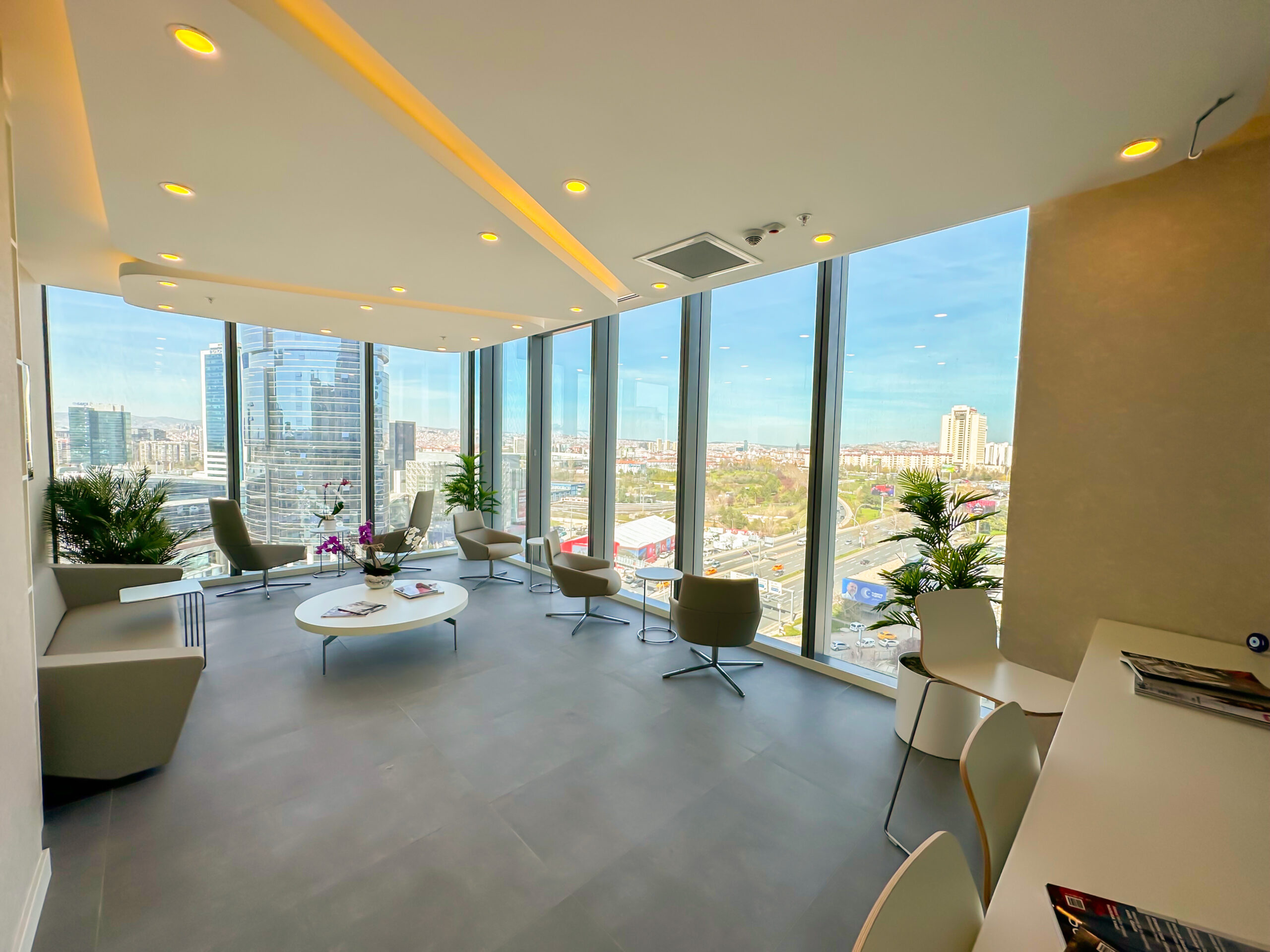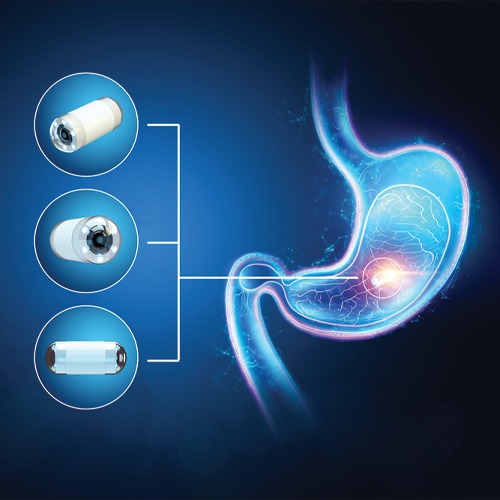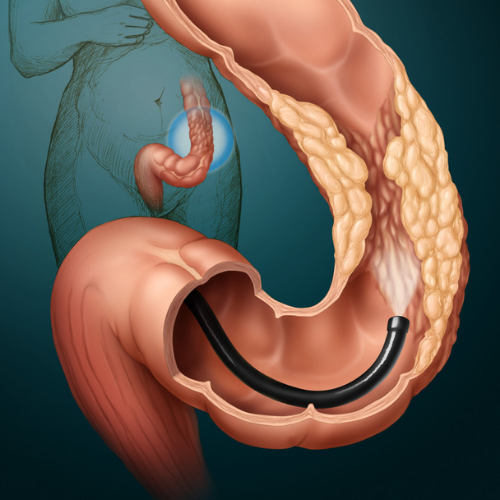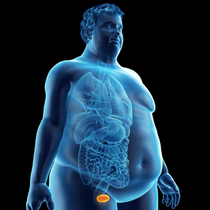
Dr. Muharrem Taşkoparan
About Me
ASSOC. DR. MUHARREM TAŞKOPARAN was born on 05 September 1974 in Hacibektas/Nevşehir.Assoc. Dr. Muharrem TAŞKOPARAN is a well-known and highly successful medical doctor in his field. Taşkoparan, who graduated from Hacibektas High School in Nevşehir, won the Ege University Faculty of Medicine despite financial difficulties and graduated in 1997. Taşkoparan, who is success-oriented, quickly climbed the career ladder; He completed his Internal Medicine and Gastroenterology training at Ankara Baskent University Faculty of Medicine and received the title of "Associate Professor" in 2017.After working at Ankara Private Güven Hospital for 14 years; has opened its own Endoscopy and Colonoscopy clinic in YDA Center, one of the most valuable projects of today, in order to provide high-level service to you, our valuable patients and clients.Many famous artists, politicians, bureaucrats, business people and their own colleagues have successfully undertaken the duty of doctor and fulfill this duty in the best way possible.Associate Professor. Muharrem Taşkoparan is married and has two children. The twins of Taşkoparan, who studied at the Universita San Raffelle Faculty of Medicine in Italy, are the successful doctor candidates of the future.
Read MoreDr. Muharrem Taşkoparan
Patient Satisfaction

Dr. Muharrem Taşkoparan
ANNOUNCEMENTS
Dr. Muharrem Taşkoparan
Frequently Asked Questions
What is Endoscopy ?
Endoscopy is a medical procedure that allows for the visual examination of organs and spaces within the body. Endoscopy is carried out using an endoscope, a flexible tube. The endoscope contains a light source and a camera, allowing doctors to examine internal organs and other structures on a live image.
Endoscopy can be used for various purposes. For example, it is frequently used in the diagnosis and treatment of digestive system diseases. Internal organs such as the esophagus (food pipe), stomach, intestines, and bowels can be viewed with an endoscope. These images help the doctor detect diseases, lesions, tumors, or other abnormalities.
Endoscopy offers an option that causes less discomfort to patients by avoiding invasive surgical interventions. Additionally, endoscopy can also be used for treatment purposes, such as performing a biopsy or stopping bleeding. For instance, when an abnormality is detected with the endoscope, the doctor can also perform a biopsy at the same time, facilitating the sending of the tissue for laboratory analysis.
What is Colonoscopy ?
A colonoscopy is a medical procedure that allows for the observation of the inside of the colon and rectum. This procedure is typically performed with a thin, flexible, long tube called a colonoscope. The colonoscope typically has a tip that contains a camera and a light source.
During a colonoscopy, the doctor inserts the colonoscope through the patient's anus and advances it along the bowel. The camera allows the doctor to view the inner surface of the bowel and identify abnormalities.
This procedure is often used to check for or diagnose potential signs of cancer such as polyps. It can also be used to find the cause of bowel inflammation, bleeding, pain, diarrhea, and other digestive system problems.
A colonoscopy is typically performed under light sedation, so patients can be comfortable and pain-free. The procedure requires a preparation process beforehand; this usually involves a diet change and fully cleaning out the bowel so that the doctor can fully examine it.
The results can usually be interpreted immediately by the doctor, but the laboratory analysis of any tissue samples taken (biopsies) can take a few days.
What is Gatroenterology ?
Gastroenterology is a branch of medicine that deals with the digestive system and its disorders. The digestive system includes the part from the mouth to the anus, which encompasses the esophagus, stomach, small intestine, large intestine (colon), rectum, pancreas, liver, and gallbladder.
Gastroenterology requires the ability to recognize, treat, and manage various conditions, diseases, and disorders related to the digestive system. This includes abdominal pain, nausea, vomiting, constipation, diarrhea, reflux, digestive bleeding, ulcers, colitis, hepatitis, gallstones, pancreatitis, colon polyps, colorectal cancer, and many more conditions.
Gastroenterologists can use various tools and procedures to diagnose these types of conditions. For example, they can view the inside of the digestive system through advanced imaging techniques such as endoscopy, colonoscopy, endosonography, and capsule endoscopy. In addition, other diagnostic tests such as laboratory tests, genetic tests, and biopsies can also be used.
Treatment methods usually depend on the patient's specific condition and symptoms, but they may include lifestyle changes, medications, endoscopic procedures, and sometimes surgical intervention. Gastroenterologists often collaborate with other specialists, such as general surgeons, radiologists, oncologists, and pathologists, in a multidisciplinary approach.
What is Reflux ?
Reflux is a condition where the acidic contents of the stomach back up into the esophagus. This condition, formally known as gastroesophageal reflux disease (GERD), occurs as a result of relaxation or weakening of the esophageal sphincter, a valve between the stomach and esophagus that normally prevents stomach acid from backing up into the esophagus. This backflow can cause irritation and pain in the esophagus.
Symptoms of reflux include chest pain, a burning sensation in the esophagus (usually after eating), a bitter or sour taste in the mouth, excessive saliva production, difficulty swallowing, a lump feeling in the throat, hoarseness, and chronic cough.
If reflux is not treated, it can lead to complications due to continuous acidic irritation in the esophagus. These include inflammation of the esophagus (esophagitis), strictures in the esophagus, esophageal ulcers, and Barrett's esophagus (a change in the cells at the bottom part of the esophagus). Barrett's esophagus carries a risk of turning into esophageal cancer, particularly if not monitored.
Reflux treatment usually starts with lifestyle changes and medications. Lifestyle changes may include not lying down right after meals, eating smaller portions at meals, limiting alcohol and caffeine, not smoking, and losing weight to reduce pressure on the waist. Medications can reduce stomach acid or help the esophageal sphincter work better. In severe or treatment-resistant cases of reflux, surgery may be an option.
What is Fatty Liver ?
Fatty liver disease is a condition that disrupts the normal function of the liver and is characterized by an excessive accumulation of fat in liver cells. While this condition is usually associated with alcohol consumption, there is also non-alcoholic fatty liver disease (NAFLD), a condition seen in people who do not consume alcohol.
Fatty liver disease is usually a symptomless condition. However, some individuals may experience symptoms such as abdominal pain, fatigue, and weight loss. Fatty liver disease is typically discovered incidentally during a physical examination, blood tests, or imaging studies.
There are many causes of fatty liver disease. Alcoholic liver fatness is usually associated with excessive alcohol consumption. Non-alcoholic fatty liver disease (NAFLD) is typically associated with conditions such as obesity, type 2 diabetes, high blood lipids (cholesterol and triglycerides), rapid weight loss, and certain medications.
If fatty liver disease is not treated, it can lead to inflammation and damage to liver cells over time. This can result in a condition known as liver cirrhosis, which causes the liver to harden and lose its function. Liver cirrhosis can lead to serious health problems and can potentially be life-threatening.
Treatment of fatty liver disease usually involves lifestyle changes. This may include changes such as a healthy diet, regular exercise, reducing or stopping alcohol consumption, and losing weight. These changes can reduce fat accumulation in the liver and improve liver health. In severe cases, medication treatment or liver transplantation may be required.
What Causes Heartburn?
Heartburn occurs as a result of stomach acid refluxing back into the esophagus. This usually happens due to a malfunction of the lower esophageal sphincter, a valve between the stomach and esophagus.
Other possible causes of heartburn include:
Peptic Ulcer: An ulcer in the stomach or duodenum can cause heartburn.
Helicobacter pylori Infection: This bacterium can lead to ulcers that cause heartburn.
Certain Medications: Some medications, including aspirin, ibuprofen, and some other painkillers, can cause heartburn.
Stress and Anxiety: These conditions can increase stomach acid and lead to heartburn.
Eating Habits: Overeating, eating too quickly, fatty and spicy foods, chocolate, mint, alcohol, and caffeinated drinks can cause heartburn.
Other Conditions: Pregnancy, obesity, and smoking can also lead to heartburn.
Symptoms of heartburn usually worsen after meals or when lying down. They can generally be alleviated with antacids or other over-the-counter medications, but if they become constant, it's important to consult a healthcare professional. This condition is typically evaluated by a gastroenterologist.
Why Does Intestinal Gas Occur?
Intestinal gas is a normal part of the digestive process and typically comes from two main sources:
- Swallowing Air: Air is swallowed when eating or drinking, talking, or chewing. This air is usually expelled as gas.
- Digestion of Foods: Millions of bacteria living in your intestines complete digestion and produce gas during this process. This gas usually contains carbon dioxide, hydrogen, and sometimes methane. Some foods produce more gas. For example, carbohydrates (such as beans, cabbage, broccoli, onions, and carbonated beverages) produce more gas, while fats and proteins produce less gas.
Excessive intestinal gas can lead to feelings of discomfort and bloating. This condition is usually managed with lifestyle changes such as reducing foods that increase gas, eating more slowly, avoiding carbonated beverages, and increasing physical activity.
If gas problems become constant, cause pain or uncomfortable bloating, or occur with other symptoms (such as weight loss, bloody stools, or persistent diarrhea or constipation), it's important to consult a healthcare professional. This condition is typically evaluated by a gastroenterologist.
What is Esophageal Stenosis?
Esophageal stricture is a narrowing of a certain portion of the esophagus. This condition usually results in difficulty swallowing (dysphagia). When food and liquids are swallowed, the person usually experiences a feeling of sticking or blockage when they reach the narrow area.
Esophageal stricture typically develops as a result of the following conditions:
- Gastroesophageal Reflux Disease (GERD): In this condition, stomach acid refluxes into the esophagus, irritating it and causing scarring over time. This scar tissue can cause narrowing of the esophagus.
- Eosinophilic Esophagitis: In this condition, eosinophils, a type of white blood cell, accumulate in the esophagus due to an allergic reaction or other causes. This accumulation can cause narrowing and hardening of the esophagus.
- Scleroderma: This autoimmune disease causes hardening in various tissues of the body, including the esophagus.
- Radiation Therapy: Radiation therapy for head or neck cancers can cause burns in the esophagus, resulting in scar tissue and narrowing.
- Chemical Burns: Swallowing chemicals or very hot liquids can cause burns and scar tissue in the esophagus.
The treatment for esophageal stricture typically involves a procedure called endoscopic balloon dilation. In this procedure, an endoscope (a thin, flexible tube) is placed into the esophagus and a balloon is placed in the narrowed area. The balloon is inflated to help widen the narrow area. In some cases, a stent may be used to expand the narrow area. Also, treatment of the underlying condition (for example, acid-suppressing drugs for GERD) is important.













